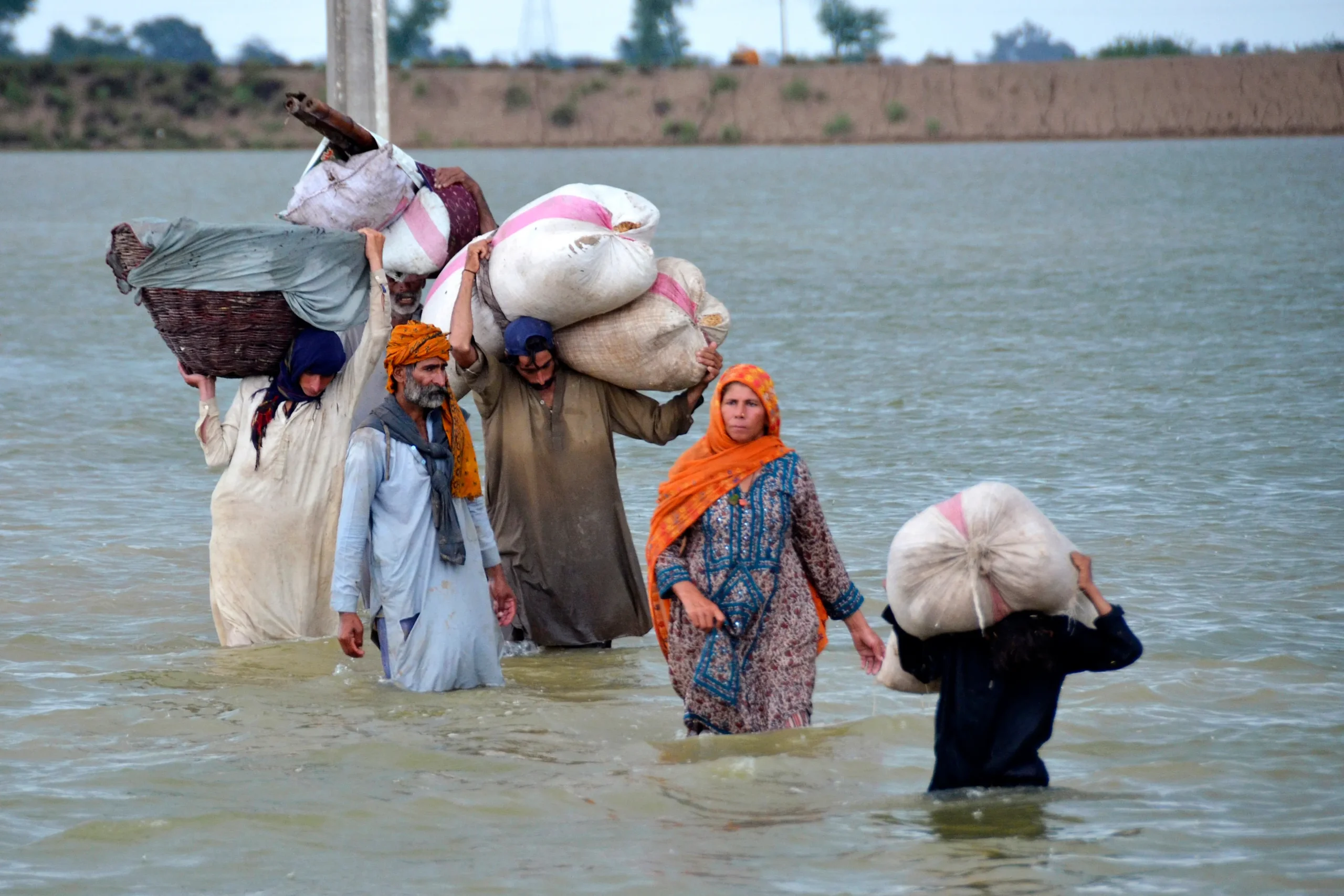As devastating floodwaters from the Sutlej, Ravi, and Chenab rivers converge at Panjnad and surge towards Sindh, Pakistan faces a dual crisis: immediate destruction and the subsequent wastage of a precious resource. Once this massive volume of water flows through Sindh, it will ultimately be lost to the Arabian Sea, highlighting a critical flaw in the nation’s water management strategy. This recurring tragedy is rooted in a long-standing political stalemate.
Historically, Sindh has opposed the construction of upstream dams and reservoirs, fearing that such projects in Punjab or Khyber Pakhtunkhwa would jeopardize its constitutionally guaranteed share of water. While these concerns are valid in the context of regular water distribution, they become a national liability during flood seasons. The failure to build a consensus on storing surplus water harms not only Sindh but also arid regions in Southern Punjab, Balochistan, and Pakistan as a whole. This is no longer just a flood management issue; it is a question of federal coordination and national interest. If we cannot convert this crisis into an opportunity, the lost water will symbolize not just an environmental tragedy, but a colossal failure of the federation.
Policy Recommendations
- Establish an Independent National Water Commission: The federal government must immediately form an impartial body to create and enforce a national policy on water storage and distribution, rising above provincial interests.
- Develop a Roadmap for Water Storage: A practical plan for constructing small and medium-sized dams to store floodwater must be developed with the consensus of all stakeholders.
- Depoliticize the Water Debate: National media, civil society, and think tanks must lead an effort to reframe the water issue on scientific and technical grounds to shape informed public opinion.
- Balance Rights with Conservation: While upholding constitutional water-sharing agreements, new frameworks must be designed specifically to capture and manage surplus floodwater, preventing waste and ensuring equitable benefit.
















